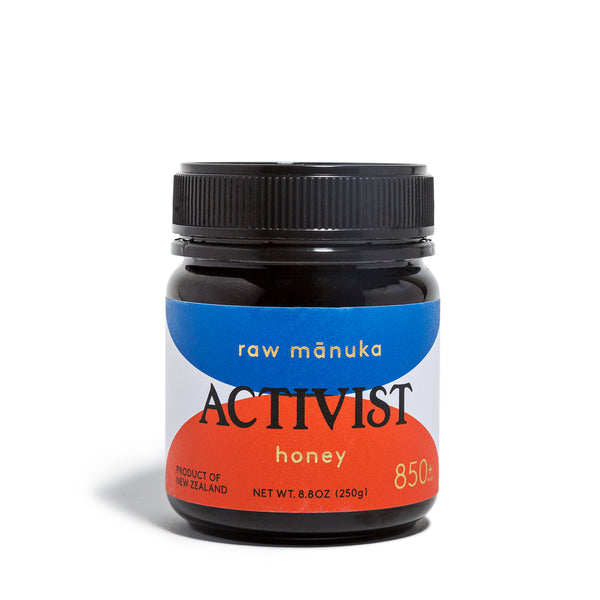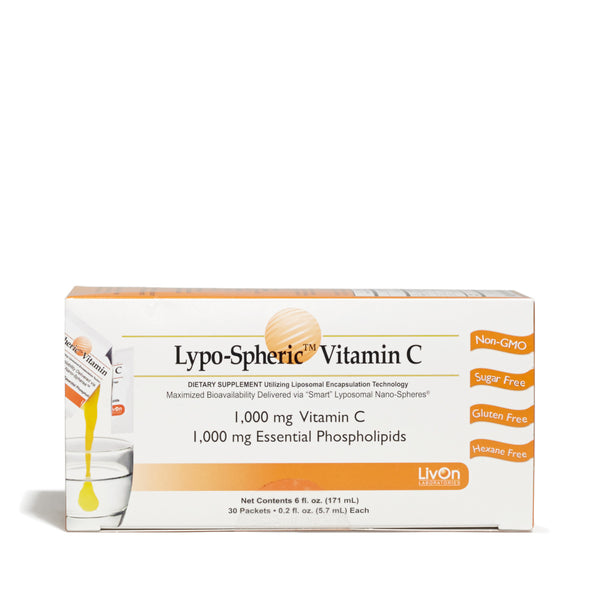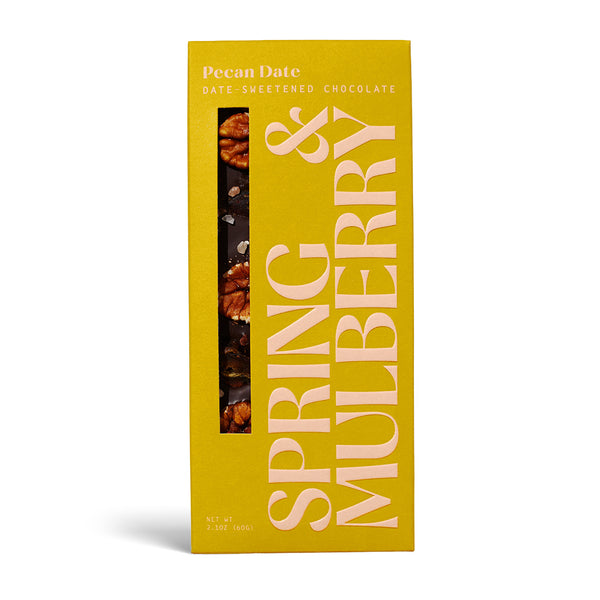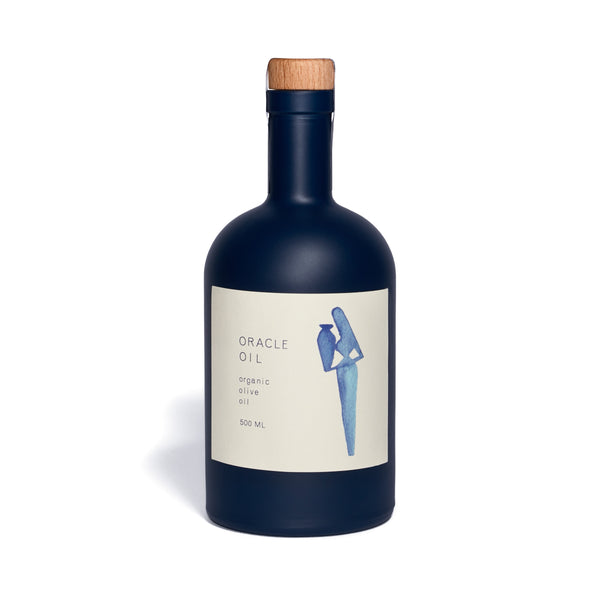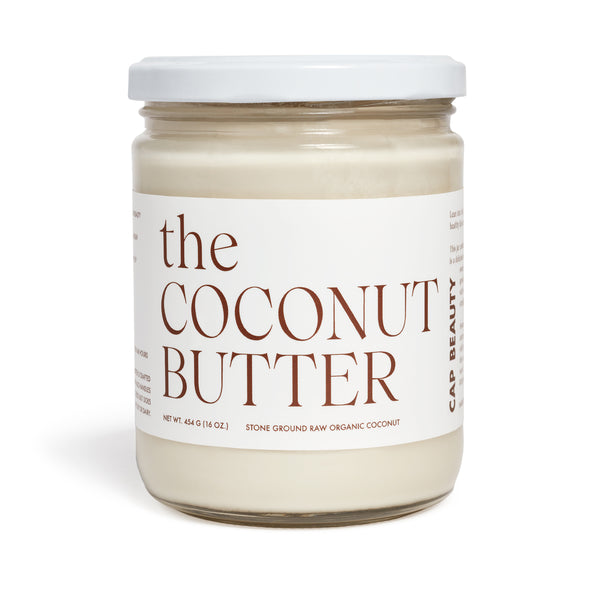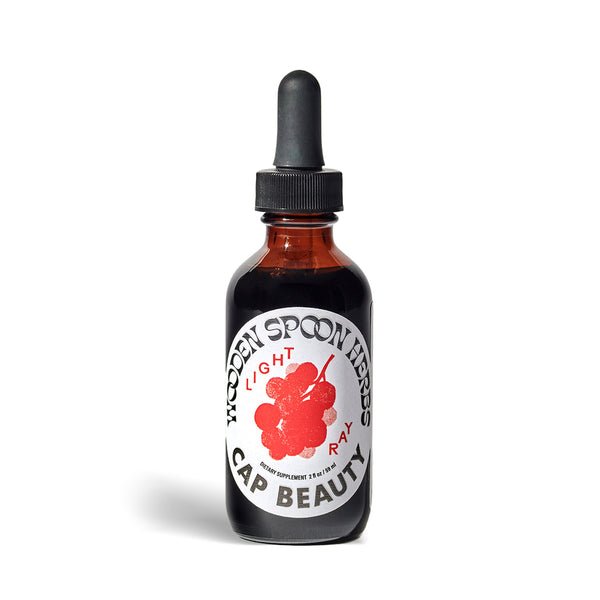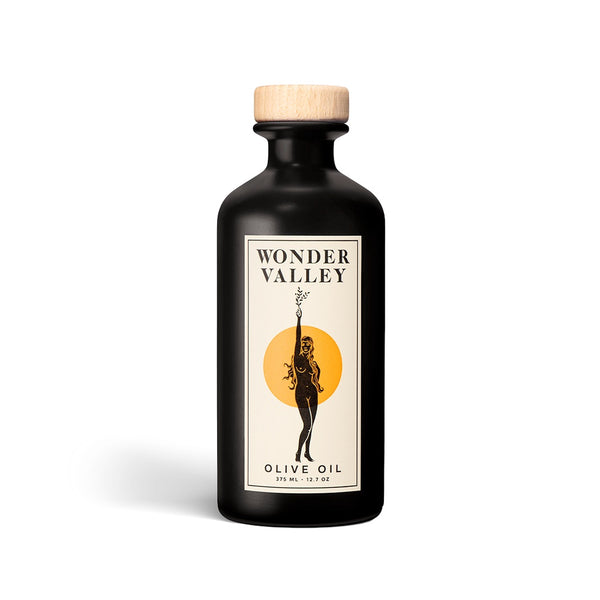MEET THE PANTRY MINIMALIST:
The minimalist is someone who believes in simplifying their life and reducing their possessions down to the essentials. Minimalists typically focus on quality over quantity, and prioritize having less. This lends itself to buying just what you need and working through what you already have before adding in more. To you, simple is best. And your meals likely reflect that ethos.
MEET THE PANTRY MAXIMALIST:
The maximalist is the opposite of a minimalist, and is someone who enjoys surrounding themselves with a wide variety of possessions, valuing collecting and displaying a wide range of their treasured items. You may be a maximalist if you have a preference for rich, stimulating environments as well as find great enjoyment and pleasure from surrounding yourself with things you love. For you, more is more. And the key is keeping everything organized in a way that nothing gets lost in the fold. You don't fear recipes with long ingredient lists, because you likely already have everything on hand.
MEET OUR PANTRY EXPERT, LAUREN MACRINO OF RE_GROCERY:
Lauren Macrino is the founder and owner of re_grocery in Los Angeles, a unique and innovative grocery store that focuses on reducing waste and promoting sustainability. Lauren believes that it is possible to enjoy delicious, healthy food without harming the planet, and she has created a grocery store that reflects this vision. At Re_Grocery, you'll find over 500 organic, non-GMO dry goods in large reusable bulk bins. And you won't find plastic. Ever.
What are your top pantry shopping tips?
We keep a notes checklist of all our pantry staples, and when we run out, we uncheck it on the list so we know it’s needed for the next shop. When I go shopping at re_, I can write exactly what I need directly on the jars or produce bags and I’m ready to go when I arrive. Snacks and ingredients for a quick meal are always on rotation so we can whip up something fast when we’re short on time. Also, leave some reusable bags in your car so you never forget them!
What are your top pantry organization tips?
Keep like ingredients together, eg. baking on one shelf, spices on another etc. Buy only what you need, so it’s less likely to go to waste. Labeling is your friend! Store older items towards the front so you’re more likely to use them first. If you’re refilling, make sure to use the first-in-first-out method (FIFO). Empty anything you have left into a bowl, then put the new product into your container first, followed by the older product on top so it gets used first.
What are your top food storage tips?
Dry goods keep for a really long time if they’re stored properly in an airtight container (1 year+). We’ve also been using our 1 gallon jars to store everything from kale, herbs, carrots etc. for up to a month in the fridge! Use beeswax wraps to store anything you’ve already cut — that half an avocado, tomato you have left, and even cheese. I also love reusable silicone storage bags for snacks on-the-go.
Would you say your pantry leans more towards "the minimalist" or "the maximalist" and why?
I’m probably more on the minimalist side. I very much admire a true maximalist pantry, but personally I love a matching jar for stacking and uniformity, and I prefer to cook from a base of staples. The snack area of our pantry is a different story though – we love trying new things and always having something unusual to nibble on!
Is labeling your pantry important?
Labeling is everything! But it doesn’t have to be fancy. We have a box printed on our re_ jars so you can easily label them with a wax pencil. Masking tape and a marker also works. You could also go all-out and buy or print pre-made pantry labels.
What was the idea behind re_grocery?
re_ was started by myself, and my husband, Joseph. My background is in design and Joseph’s is in food and beverage. We’re both passionate about low-waste living, but were finding it so difficult to accomplish day-to-day, particularly when it came to grocery shopping. We were frustrated with the lack of truly sustainable options and felt there was a real opportunity to create a whole store full of all the refillable products you could ever dream of! re_ is a holistic grocery experience that removes the need for plastic packaging altogether. We’re so grateful to have stores in Highland Park, Mar Vista and Studio City in Los Angeles, with more to come!
In your dream world, how would we shop and store our food?
Shopping free of unnecessary plastic packaging and waste, and stored in reusable, forever containers!
How do you source your products for re_grocery?
We’ve curated hundreds of the highest quality refillable bulk goods and low-waste products in a beautiful, effortless experience, both in store and online. We strive to source only organic, non-GMO, clean, and traceable food, cleaning, and body products. If it doesn’t meet these standards, we source something else. Our low-waste and reusable accessories must be plastic-free. We only work with like-minded, ethical brands and suppliers that have a focus on sustainability and offer their products to us in large quantities.
How many times a year do you recommend cleaning out our pantry?
We recommend a light clean-out and visual inventory at least quarterly. This helps you to stay on top of the food you've got, use what’s on the older side, and helps to reduce waste overall.
What are your pantry staple heroes?
A good olive oil is key. A selection of raw or flavored nuts for a satisfying and easy snack are a must. Our store-ground peanut butter is like none other, and we eat way too many of our cactus snacks. We’ve been on a bean kick of late, so there’s always heirloom or cannellini beans on the menu, with either rice or pasta. Nigella seeds (aka. black cumin seeds) are my favorite thing to put on absolutely everything. We also can’t live without our sourdough bread from Bub & Grandma’s.

KEY TAKEAWAY PANTRY ORGANIZATION + SUSTAINABILITY TIPS:
Regardless of your personal aesthetic, a organized pantry is key to feeling good in your kitchen and cooking with ease. We also prioritize sustainably shopping as much as possible to reduce our overall footprint and eat foods that are both good for us and good for the planet.
- Start by taking everything out of your pantry and wiping down the shelves. This will give you a clean slate to work with and help you see what you have and what you need. Get rid of excess items or packaging.
- Invest in some clear storage containers or bins. These will make it easy to see what's inside and help you keep like items together. You can also label the containers to make it even easier to find what you're looking for. Bonus points for a visually appealing color scheme or design, such as coordinating containers or a color-coded system.
- Keep your pantry well-lit to make it easy to see and access items.
- Use stackable shelves or risers to make the most of your vertical space. This will help you maximize your storage and keep everything organized and easily accessible.
- Organize your pantry by category, such as canned goods, spices, baking supplies, and snacks. This will make it easier to find what you're looking for and keep everything in its place.
- Don't forget to use the back of the pantry door for additional storage. You can hang baskets or hooks for additional items.
- Rotate your pantry items regularly to make sure nothing gets lost in the back and expires. This will also help you keep track of what you have and what you need to restock.
- Keep a shopping list on the pantry door or on the fridge, and add items to it as you run out. This will help you stay organized and make sure you always have what you need on hand.
- Buy in bulk. Purchasing dry goods in bulk can reduce packaging waste and save you money in the long run. Look for stores (like Re_Grocery!) that offer bulk bins for grains, beans, lentils, nuts and other dry goods. Bring your own containers or bags to fill up and reduce waste even further.
- Choose organic and non-GMO products. Organic products are grown without synthetic pesticides and fertilizers, which can be harmful to the environment. And non-GMO (genetically modified organism) products are not made with genetically engineered ingredients, which can have unknown effects on the environment and our health.
- Avoid single-use plastic packaging. Many dry goods, such as rice, pasta and cereal, are packaged in single-use plastic bags or boxes. Opt for brands that use compostable or recyclable packaging instead.
Happy shopping and organizing!

